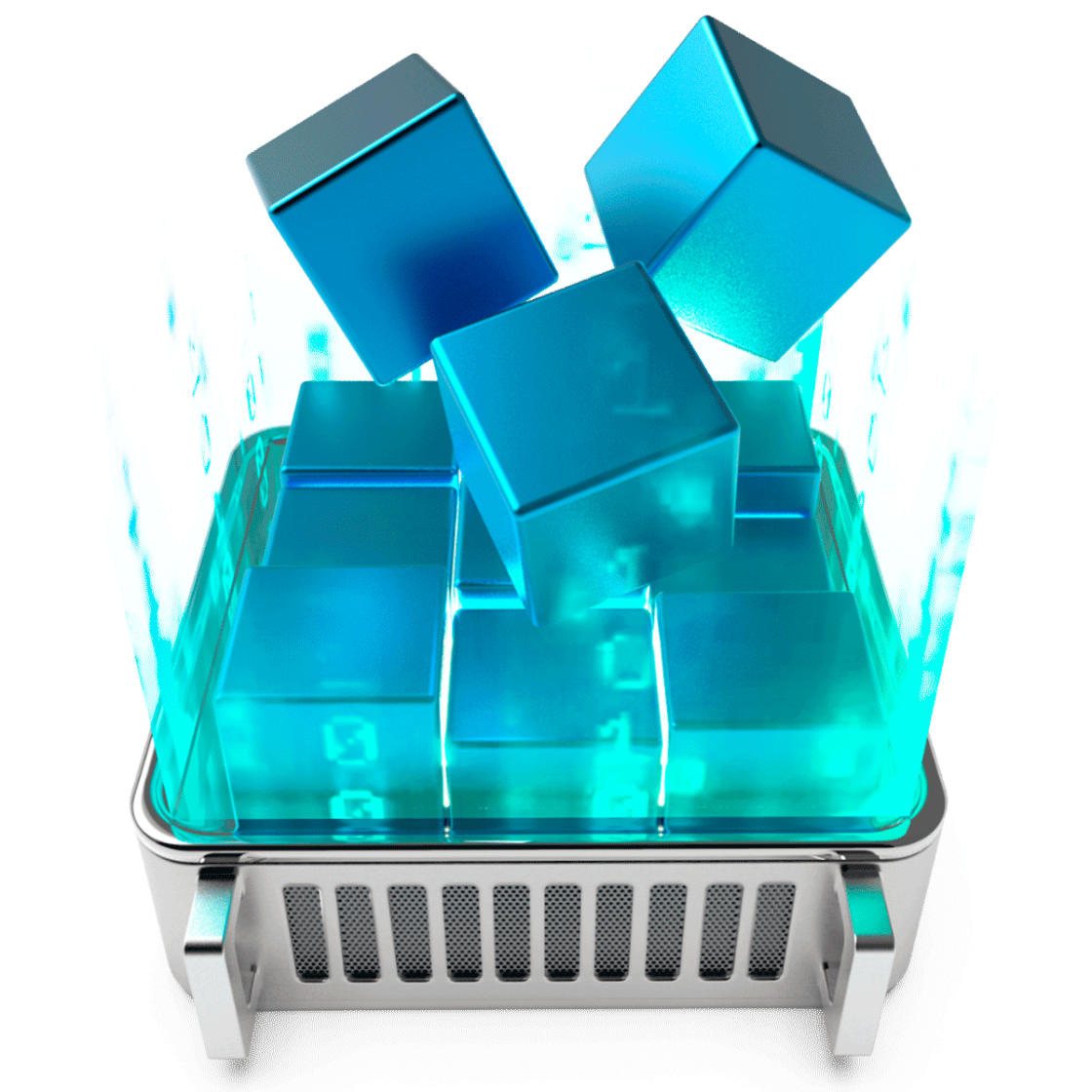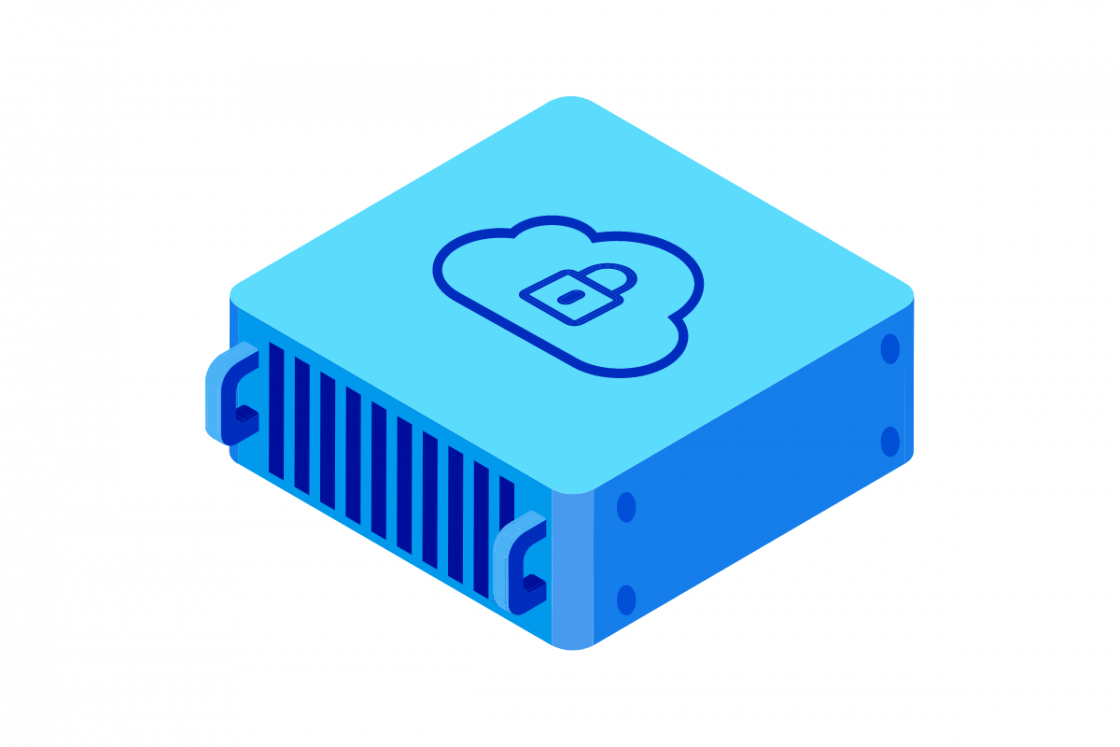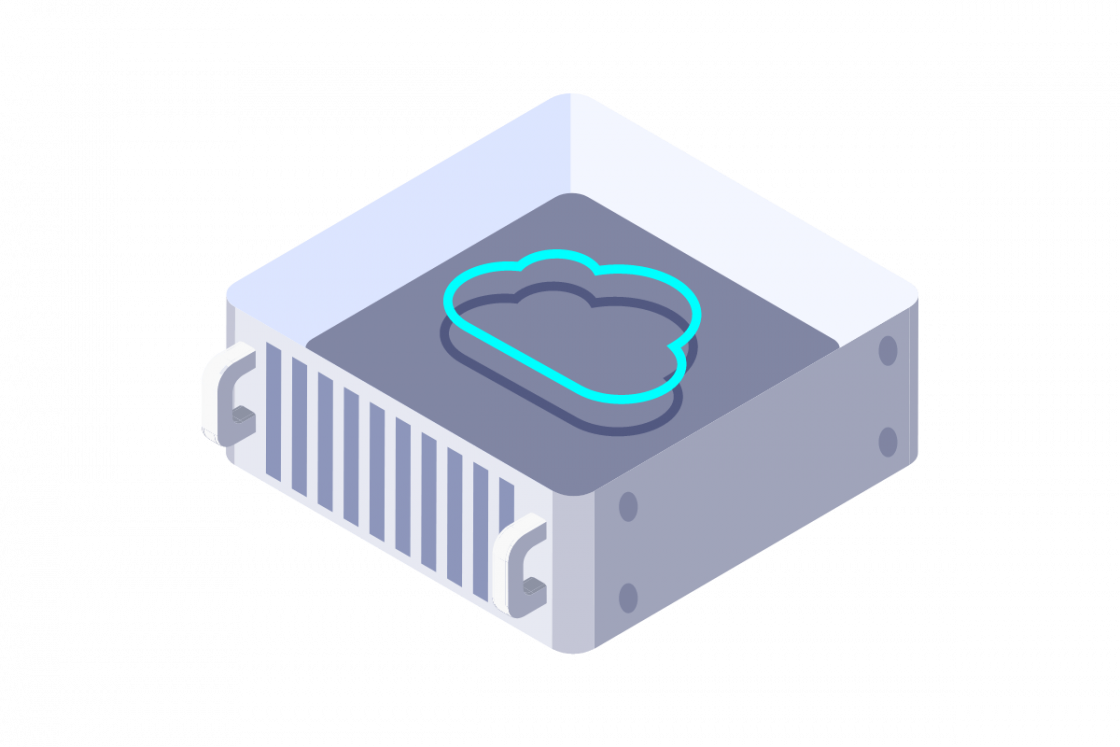Dedicated Server vs Bare Metal Cloud
Businesses face a critical decision when choosing the right server solution to power their operations. Two prominent options often come into play: bare metal cloud servers and dedicated servers.
Both offer unique advantages tailored to specific needs, but they differ significantly in deployment, performance, and scalability. This article delves into the intricacies of bare metal cloud and dedicated servers, exploring their definitions, benefits, drawbacks, key differences, and ideal use cases.
Additionally, it provides guidance on selecting the most suitable infrastructure for your needs and highlights solutions offered by OVHcloud, a leading provider in the hosting industry.

What is a Bare Metal Cloud Server?
A bare metal cloud server represents a hybrid approach to server hosting, combining the raw power of physical hardware with the flexibility of cloud computing. Unlike traditional cloud services that rely on virtualisation to share resources among multiple tenants, a bare metal cloud server provides users with access to a dedicated physical machine.
This means the dedicated server hosting is not shared with other users, ensuring that all hardware resources, such as CPU, RAM, and storage, are exclusively allocated to a single tenant. The "cloud" aspect comes into play through automated provisioning and management features, allowing users to deploy these servers rapidly, often within minutes, via APIs or control panels.
Pros and Cons of Bare Metal Cloud Servers
A bare metal server comes with a host of advantages that make it an attractive choice for many businesses. One of the primary benefits is their exceptional performance. Since there is no virtualisation overhead, applications can leverage the full capacity of the underlying hardware, resulting in faster processing speeds and reduced latency.
This makes them ideal for resource-intensive tasks such as high-performance computing and real-time data processing. Additionally, the single-tenant nature of these servers enhances security by isolating resources, reducing the risk of data breaches due to shared environments. Scalability is another strong point, as a bare metal cloud server can be provisioned or decommissioned quickly to match workload demands, offering flexibility akin to virtualised cloud solutions.
What is a Dedicated Server?
A dedicated server is a traditional hosting solution where a physical server is leased entirely to a single user or organisation. Unlike shared hosting, where multiple users share the same server resources, a dedicated server ensures that all computing power, memory, and storage are exclusively available to one tenant.
This setup provides a high degree of cloud hosting control, allowing users to customise the hardware and software to meet their specific requirements. Dedicated servers are typically housed in data centres managed by hosting providers, who handle the physical maintenance and connectivity, while users manage the server's operating system, applications, and security settings.
Pros and Cons of Dedicated Servers
Dedicated servers offer several compelling advantages for businesses seeking a stable hosting environment within the types of cloud computing. One of the most significant benefits is their consistent performance. With exclusive access to all server resources, there is no risk of performance degradation due to other tenants, ensuring reliable operation for high-traffic websites or critical applications.
Security is another major advantage, as the single-tenant model enables tailored security policies and reduces exposure to vulnerabilities inherent in shared environments. Furthermore, dedicated servers offer extensive customisation options, allowing users to select specific hardware components and software configurations that precisely match their needs.
On the downside, dedicated servers come with notable limitations. The cost is often higher than shared or virtualised hosting solutions, as users pay for the entire server regardless of whether all resources are utilised.
Scalability is also a challenge within IaaS, as scaling up or down typically requires physical hardware changes, which can involve downtime and additional expenses. Deployment times are generally longer compared to cloud-based solutions, as provisioning often involves manual setup and configuration.
Bare Metal Cloud vs Dedicated Servers: Key Differences
While bare metal cloud and dedicated servers share the common trait of being single-tenant environments, they diverge in several critical aspects that influence their suitability for different scenarios.
One of the primary differences lies in provisioning speed. Bare metal cloud servers are designed for rapid deployment, often automated through APIs, allowing users to set up a server in minutes. In contrast, dedicated servers typically require manual configuration and setup, which can take hours or even days, depending on the provider and customisation needs.
Performance is another area of distinction. Bare metal cloud servers often leverage the latest hardware and minimal virtualisation layers, providing superior computing power and lower latency, ideal for dynamic, high-performance workloads. Dedicated servers, while offering consistent performance, may not always feature cutting-edge hardware, as updates depend on the provider's schedule or contract terms. Scalability also sets them apart. Bare metal cloud servers offer dynamic scaling, both vertically and horizontally, integrating seamlessly with cloud environments for on-demand resource allocation. Dedicated servers, however, rely on manual scaling processes, such as adding hardware, which can be time-consuming and disruptive.
Cloud integration further differentiates the two. Bare metal cloud servers are built for hybrid and multi-cloud setups, with native support for APIs and automation tools, making them suitable for modern, flexible infrastructures.
Use Cases for Bare Metal Cloud Servers
Bare metal cloud servers excel in scenarios where performance, security, and scalability are paramount. One prominent use case is high-performance computing, where tasks like scientific simulations, financial modelling, and virtual reality applications demand immense computational power and low latency.
The direct access to hardware resources ensures these workloads run efficiently without the overhead of virtualisation. Big data and analytics also benefit greatly from bare metal cloud servers, as processing large datasets requires high-speed data transfer and substantial storage capacity, which these servers readily provide.
The gaming industry is another area where bare metal cloud servers shine. Online gaming platforms require minimal latency and high-performance hardware to deliver a seamless player experience, especially during peak usage times.
Financial services leverage bare metal cloud for high-speed transaction processing and compliance with strict data protection regulations, ensuring both performance and security.
Use Cases for Dedicated Servers
Dedicated servers are ideally suited for workloads that prioritise stability, customisation, and long-term reliability. High-traffic e-commerce stores are a prime example, as they require consistent performance to handle large volumes of visitors, especially during sales events or holidays.
The exclusive resources of a dedicated server ensure fast loading times and uninterrupted service, critical for maintaining customer satisfaction. Gaming servers also benefit from dedicated hosting, providing low-latency environments and customizable configurations for communities seeking tailored gaming experiences.
How to Choose the Right Infrastructure for Your Needs
Selecting between bare metal cloud and dedicated servers requires a thorough assessment of your business's specific requirements and constraints. Start by evaluating the nature of your workloads.
If your applications demand high performance for server provisioning, low latency, and dynamic scalability—such as in gaming, big data analytics, or real-time processing—bare metal cloud servers are likely the better fit due to their superior hardware access and rapid provisioning capabilities.
Conversely, if your workloads are predictable, long-term, and require consistent performance without frequent changes, such as hosting high-traffic e-commerce sites or large databases, a dedicated server offers the stability and customisation you need.
Budgets
Budget considerations play a crucial role in this decision. Bare metal cloud servers, with their pay-as-you-go model, provide flexibility for short-term or variable workloads but may become costly over extended periods.
Dedicated servers, with fixed pricing, offer cost predictability, which can be advantageous for businesses with steady resource demands, though they require a higher upfront investment. Technical expertise is another factor to weigh. Bare metal cloud servers often demand a certain level of technical know-how for optimisation, while dedicated servers require ongoing management and maintenance, which may necessitate dedicated IT staff or managed hosting services.
Scalability
Scalability needs should also guide your choice. If your business anticipates fluctuating demands or plans to integrate with hybrid cloud environments, bare metal cloud servers provide the elasticity and compatibility required.
However, if scaling is less of a concern and you prioritise full control over hardware and software, a dedicated server might be more appropriate. Finally, consider security and compliance requirements. Both options offer strong isolation, but bare metal cloud servers often come with provider-managed security features, while dedicated servers allow for bespoke security setups, which can be critical for industries with strict regulatory standards.
OVHcloud and Server Hosting Solutions

Dedicated Servers
OVHcloud Bare Metal Servers give you total control and guaranteed performance. Enjoy dedicated physical servers, free from virtualisation layers, for maximum power and security. Customise your hardware, operating system, and software to perfectly match your unique needs.

Cloud Server
Experience the agility and scalability of OVHcloud Public Cloud. Our solutions offer a flexible and cost-effective way to deploy and manage your applications and infrastructure. Built on open standards, you benefit from reversibility and avoid vendor lock-in. Scale your resources up or down in minutes, paying only for what you use.

Cheap dedicated server
Discover OVHcloud Eco, our commitment to a sustainable and responsible cloud. OVHcloud Eco delivers powerful and efficient cloud services designed with environmental impact in mind. We prioritise energy efficiency across our data centres and hardware, aiming to reduce the carbon footprint of your digital infrastructure and virtual dedicated server.